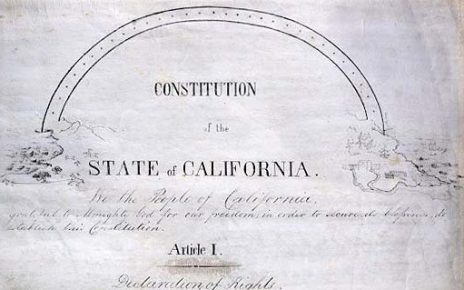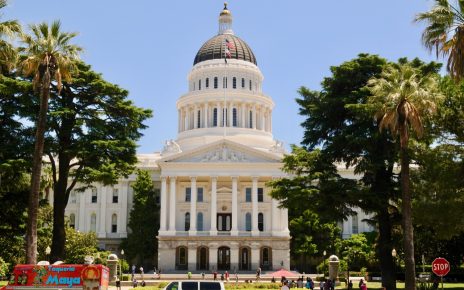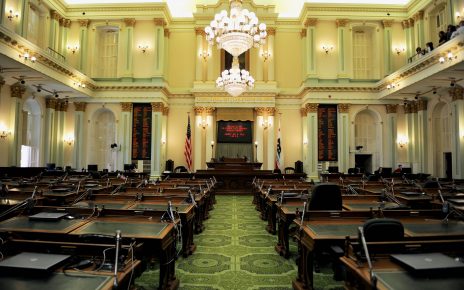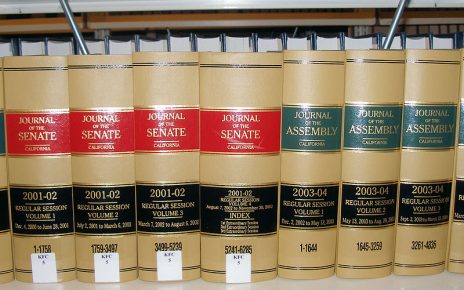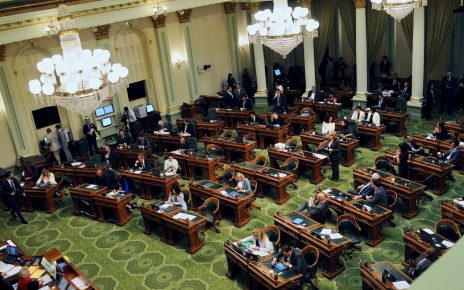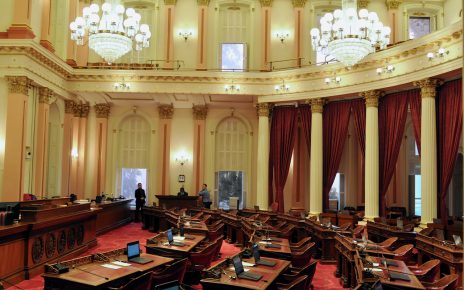Political Activities of Public Employees
In California’s Government Code, Title 1, Division 4, Chapter 9.5, there are sections of law prohibiting specified political activities of public employees. Government Code Section 3201 specifies that the Legislature finds that political activities of public employees are of significant...

